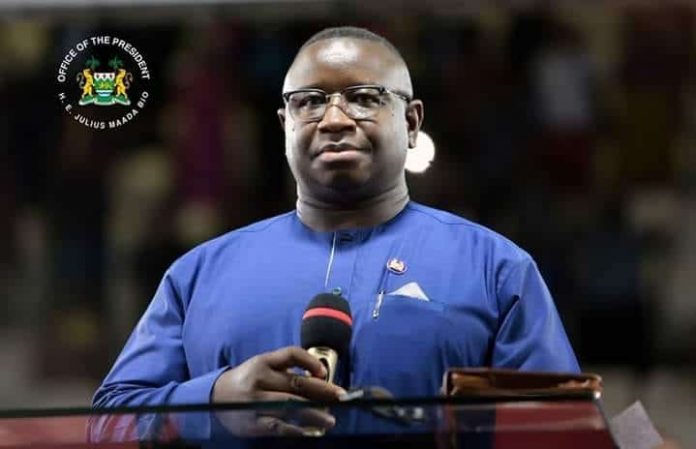By Amin Kef Sesay
Sierra Leone’s debt as at 2020 stood at USD2.6 million. According to the International Monetary Fund, President Bio’s New Direction Government has incurred nearly USD1 billion debt from IMF and the World Bank.
What is worrying is that if the Government continues to borrow without the economy and revenue from earning foreign exchange growing enough to repay what is loaned, without it taking away from Government expenditures on development and social welfare programs, then the country and its people will fall deeper and deeper into a financial crisis of the kind that affected the country in the 1980s.
Debt in itself is not bad. Businesses run into debts to increase their capital and assets with a view to making profit and paying back. In the case of Governments, it is totally different.
The nature of the debt problem of poor developing countries like Sierra Leone may vary from acute balance-of-payments difficulties requiring immediate action to longer-term situations relating to structural, financial and transfer-of resources problems requiring appropriate longer-term measures.
The country’s external debt situation today remains a source of serious concern. The problems which are structurally rooted are far from being resolved whilst we face a mounting debt burden as a result of worsening global economic conditions and very low exports.
The decline in production and in commodity prices affects the country’s export growth prospects. If commodity prices remain depressed for several years and/or exports fail to grow in volume, the debt servicing capacity would deteriorate further over the medium term.
Beyond the immediate task of reducing the excessive debt burden, thought should be given to the adoption of preventive measures to avoid unsustainable public and private debt in the future. Those measures should perhaps be aiming at ensuring responsible lending and borrowing behavior, notably through increasing the accountability and transparency of borrowing and lending activities undertaken by public and private economic agents. The debt management capacity should also be strengthened.
In terms of taking away money for development and people’s welfare, the debt problem has dragged on since much of our foreign debts were written off by the IMF, World Bank and the Paris Club in the early 2000s during the term of late President Kabbah.
Debt that is not utilized productively to create economic growth is unhealthy for a country and its people.
This is because the servicing of debt absorbs budgetary and foreign exchange resources. In the absence of any benefits accruing from the investment of the original loan it will have a net negative effect on a Government’s ability to fund its social expenditure programs.
In this situation, Government spending on health, education and social services will be reduced. If these services are efficiently organized, reduced expenditure on them will have an adverse social impact.
It can also interfere with the promotion and protection of human rights. According to Article 22 of the Universal Declaration of Human Rights, everyone is, “entitled to realization, through national effort and international co-operation, and in accordance with the organization and resources of each Sate, of the economic, social and cultural rights indispensable for his dignity…”.
It is therefore of critical importance that debt servicing requirements not be permitted to detract funds from necessary spending in areas relevant for sustainable human development and for the promotion and protection of human rights, as defined in the principal human rights treaties. In poor indebted countries, this condition is often not fulfilled.
Furthermore, for debtor countries which rely on one or a few agricultural or mineral exports, a high level of debt service will tend to accentuate monoculture based agriculture and increase the rate of depletion of national resources beyond the limits of sustainability.




